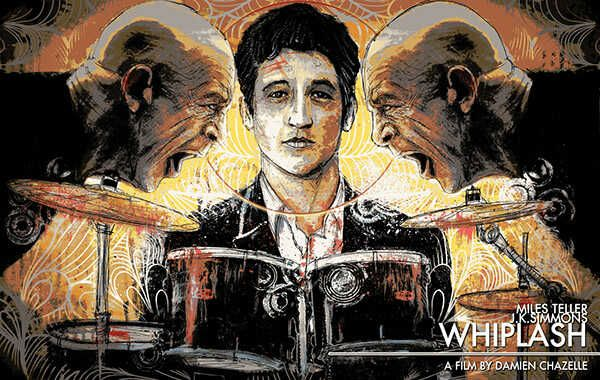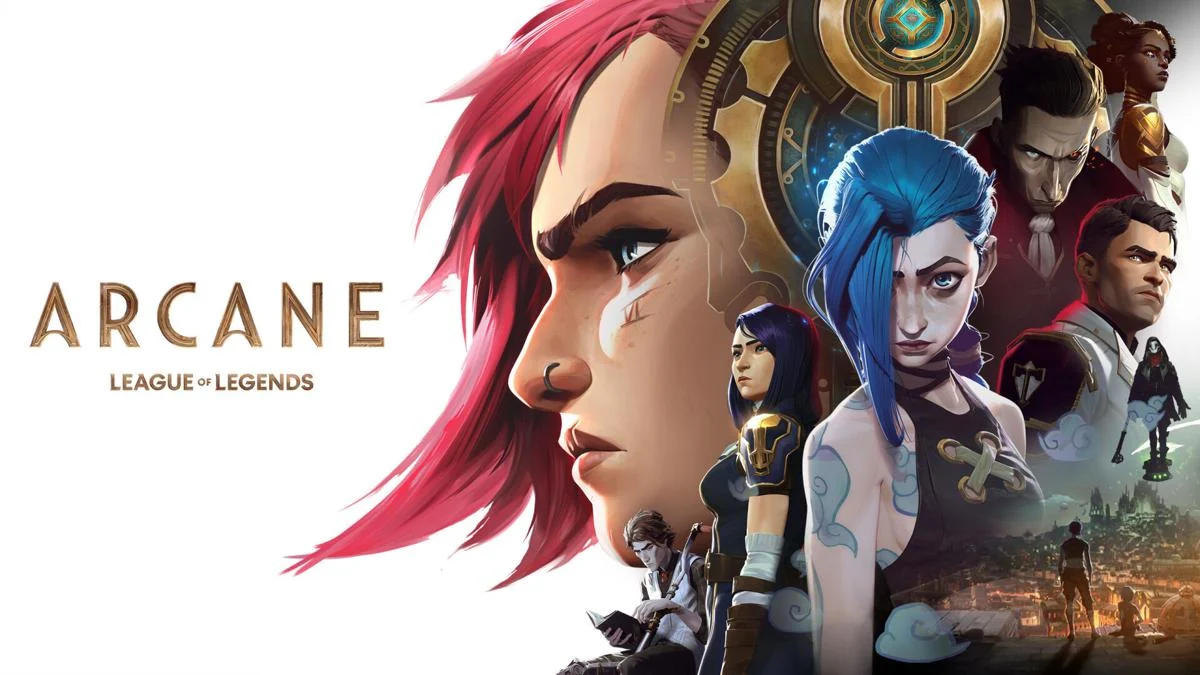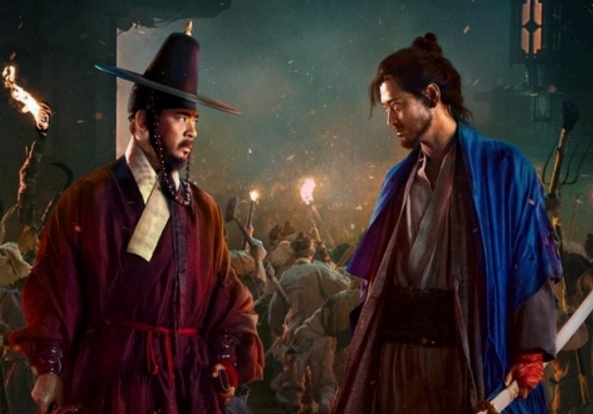Legend of the Guardians: The Owls of Ga’Hoole (2010, directed by Zack Snyder) is a film adaptation of the book series Guardians of Ga’Hoole by Kathryn Lasky. The story follows a young barn owl named Soren who is taken from his home by the evil Pure Ones and subjected to forced labor. He manages to escape and, with newfound friends, sets off on a journey to find the Guardians, legendary heroes, to stop the Pure Ones from taking over the Owl Kingdoms. This film is an interesting take on modern myths and explores powerful existential and moral questions, all of which can be subjected to analysis to reveal deeper meanings within the story.
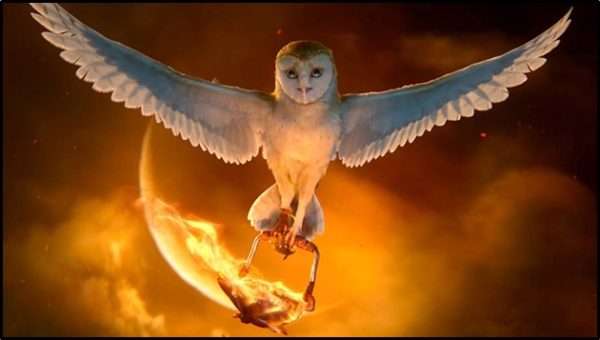
The movie immediately establishes itself as rooted in mythology, in spite of the unique and largely unfamiliar setting. Soren plays a game with his little sister, Eglantine, that reenacts the Battle of the Ice Claws, a tale about a ferocious battle between the good hero Lyze of Kiel and evil forces. Soren highlights the stark difference between the heroic acts of the Guardians and the horrific acts of the Pure Ones, which introduces the film’s world as one full of pre-established tales and legends and gives us a peek at the conflicts that arise later in the film. Interestingly, the main antagonist, Metal Beak, says, “… but I assure you: I am not a myth. I am real.” This grounds the audience in a sort of reality within the story, making it seem as though the characters aren’t just retelling a myth as they did earlier, but are actually living the myth. Apart from mentioning myths, the movie follows a very archetypal structure found in most mythological stories. There’s a clear hero, many allies, enemies, trials, mentors, sacrifices, and more. A good example of this is near the end of the movie, when Soren must face his brother Kludd, who has become a Pure One. In order to protect his friends and do the right thing, Soren is forced to fight his brother, trying hard to convince him that what he is doing is wrong. Kludd doesn’t yield and Soren inadvertently kills him. This scene symbolizes the death and rebirth of the hero, as Soren sacrifices something he loves (his brother) to grow stronger and find the courage to face the final enemy one last time. In most cultures, myths feature some sort of magic or fantastic beasts. In Legend of the Guardians: The Owls of Ga’Hoole, magic takes the form of moonblinking and flecks. Moonblinking is a process in which an exhausted owl falls asleep under the full moon and wakes forgetting everything about themselves and is employed by the main villains to kidnap and enslave scores of young owls. The flecks are small metallic shards with magnetic properties known to affect an owl’s gizzard at high concentrations. These flecks were also used by the Pure Ones to trap the Guardians, and only because of the knowledge Soren was given by one of his mentors, Lyze of Kiel, is he able to use fire to nullify them and free his allies. From magic to archetypes to direct references, this film is a strong example of a modern myth.
Mythologies don’t just depict conflicts between good and evil; they often serve as lessons about morals, and Legend of the Guardians: The Owls of Ga’Hoole is no different. While not directly exploring the human condition, this film asks deep existential questions and forces characters to face difficult moral choices. The biggest existential questions in the film are presented through its main antagonist, Metal Beak. Metal Beak is thirsty for revenge after failing to defeat the Guardians and must deal with the trauma of having lost his beak in battle. He copes by wearing a mask, both physical and mental, to hide his scars and push down his personal insecurities. In Metal Beak’s speech to the Pure Ones before the final battle, he says, “Long ago, I was viciously attacked by the coward Lyze of Kiel… Now I wear this mask to conceal my scars, but the metal is strong.” While identifying it as a symbol of Pure One strength, it is really a representation of the shell he has formed around himself and how narrow his views are. At the same time, his description of Lyze of Kiel shows how his memories have been distorted to align with his delusions. He becomes wholly obsessed with taking over the Owl Kingdoms and getting rid of Lyze, so much so that it becomes his entire personality and being. Metal Beak shows the audience what happens when someone becomes absorbed by their desires and failures: eventually, he goes too far, and his heinous acts backfire on him. Apart from his existential struggles, Metal Beak is also behind many of the moral questions in the film. During his speech, he tells his soldiers, “…and I stand before you with one simple truth: the strong shall rule the weak.” This refers to his belief that Tyto owls are superior to all others and is the foundation of the Pure Ones. This is shown earlier in the film when Metal Beak’s mate, Nyra, says to some young aspiring Pure Ones, “You mustn’t feel sorry for them down there. As lower species, they are fortunate to serve a higher cause.” This refers to all of the enslaved owlets that were kidnapped from their hollows and told that they were abandoned before then being brainwashed and subjected to forced labor. The moral questions that arise from this situation go both ways: is it right to kidnap several owls, forcing those deemed of inferior blood to work endlessly while indoctrinating the others into a cult built around what can plainly be called racism (or speciesism, if we’re only relating this to owls). However, not all of the moral dilemmas presented in the movie relate to evil doings. In fact, Soren is quite torn after having a talk with his mentor, who he realizes is the legendary Lyze of Kiel. Lyze (alias Ezylryb, the name by which he went since Soren had arrived at the Great Tree) has issues of his own with the past, but instead of obsessing over it like Metal Beak, he completely suppressed all feelings associated with the battle. He even tells Soren, “Yes, don’t wear it out,” after he repeats the name in disbelief. Lyze then goes into a small rant when Soren seems almost disappointed, telling his pupil that it doesn’t matter what he calls himself. After this, he presents a broader moral question when he comments on war, saying, “It’s not glorious, it’s not beautiful, and it’s not even heroic. It’s merely doing what’s right, and doing it again and again…” This makes Soren and the audience think about how war is often romanticized for tales and stories while leaving out the gruesome truths of such affairs. We then are prompted to ask ourselves whether or not these flashy retellings of events are ethical, as they give false impressions of reality, or if it’s acceptable for purposes of entertainment. It’s not necessarily a matter of good versus evil, but rather our interpretation of events that’s being challenged. This adds a whole other level of depth to the other moral and existential explorations of the film.
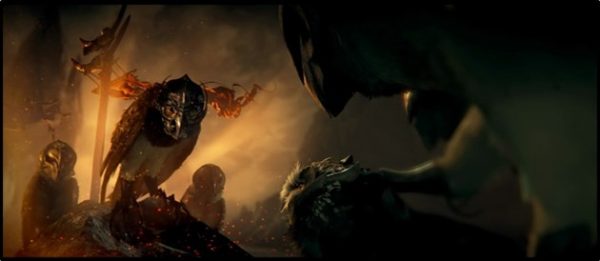
Legend of the Guardians: The Owls of Ga’Hoole is a modern myth that explores deep moral questions and addresses existential problems. The strict archetypal structure abides closely to the flow of most mythological stories, and by analyzing the film from this perspective, we can see how effective this form of story telling is, even when other elements of the film are unique and alien to most. Examining the film through moral and existential lenses allows viewers to confront issues such as racism, indoctrination, kidnapping, and more. The movie depicts characters falling into madness and obsession over traumatic events while others do their best to forget. In a world where storytelling is falling out of fashion and conflict is raging across the globe, perhaps we need to be reminded of the magic of myths and to come to terms with the brutality of our lives? Our society could learn many things from both the triumphs and failures of these knightly owls if only we took a closer look.




